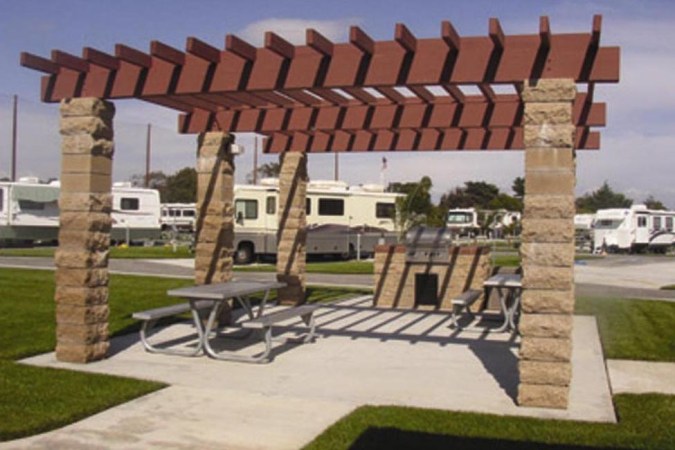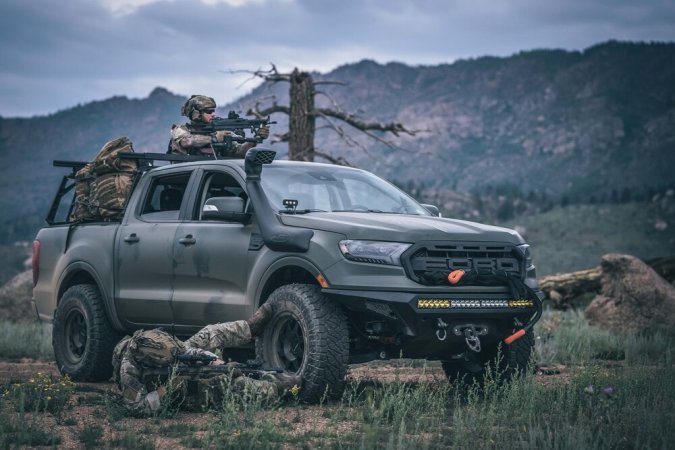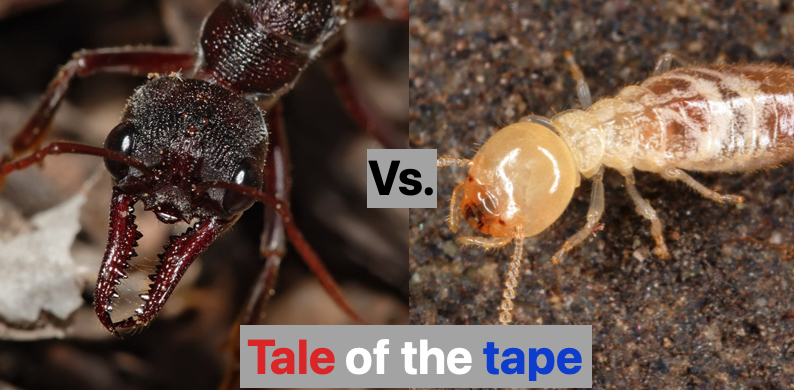During the bloody and costly Argonne Offensive, American forces had to fight for three weeks and suffer 100,000 casualties to reach the objectives that were planned for the first day of fighting. One of those objectives was a large, well-defended hill that Douglas MacArthur was ordered to either capture or spend 5,000 lives in the failure. MacArthur promised his name would be on the list if he failed.

MacArthur was a brigadier general at the time, recently passed over for promotion and in command of the 84th Infantry Brigade, and he and his men had already fought viciously from Sep. 26, 1918, to early October. MacArthur had led some of their attacks, including a daring nighttime raid, from the front, earning him nominations for what would become his sixth and seventh Silver Stars.
But the 84th was moved up to a division at Côte de Châtillon. It’s a large hill that dominates the surrounding terrain, and MacArthur assessed that it was the center of German fortifications in the area. He carefully laid his plans for attack and, as he was finishing up, his new corps commander visited him in his tent.
Maj. Gen. Charles P. Summerall and MacArthur were old friends and shared a cup of coffee. When he was done, Summerall stood to leave and told MacArthur, “Give me Châtillon, MacArthur, or turn in a list of 5,000 casualties.”

It was a surprising order, but it highlighted the dire straits the American Expeditionary Force was in. Their first offensive in the Meuse the month before had gone very well, but America still had to prove itself to its allies. And Germany was close to winning the war before America entered it. Russia had fallen out of the war in 1917, and the French people were weary after over four years of fighting on their soil.
France could still fall, Germany could still win, and America would be seen as weak and exploited even if Germany lost the war without a significant American victory. Summerall and the other senior generals were willing to do nearly anything to prove that America was a real power on the world stage and to punish Germany for sinking U.S. ships.
But MacArthur was no slouch either. Remember, in less than a month of fighting before this meeting, he had earned himself nominations for two more Silver Stars. Though he would later be embarrassed by the drama of his response, what he said to Summerall at the time was, “All right, general. We’ll take it, or my name will head the list.”

To paraphrase, “I will come back with that hill or on it.” On October 14, MacArthur began his attack with “my Alabama cotton growers on my left, my Iowa farmers on my right,” as he referred to the National Guard forces under his command. The 83rd Infantry Brigade, made up mostly of New York and Ohio units, fought bravely beside the 84th.
It took three days. As MacArthur later wrote:
…little units of our men crawled and sneaked and side-slipped forward from one bit of cover to another. Death, cold and remorseless, whistled and sang its way through our ranks. But like the arms of a giant pincer my Alabama and Iowa National Guardsmen closed in from both sides. Officers fell and sergeants leaped to command. Companies dwindled to platoons and corporals took over.”
Côte de Châtillon fell to American hands late on October 16, MacArthur had led from the front, and he would later receive the Distinguished Service Cross for his great courage “in rallying broken lines and in reforming attacks, thereby making victory possible.”

The Germans counterattacked, ferociously, but MacArthur and his men held on, and the hills nearby quickly fell to American forces. The 42nd Infantry Division, of which the 83rd and 84th were part, would be temporarily relieved from front line duty on October 18. The two brigades had suffered 3,000 casualties taking the hill.


























